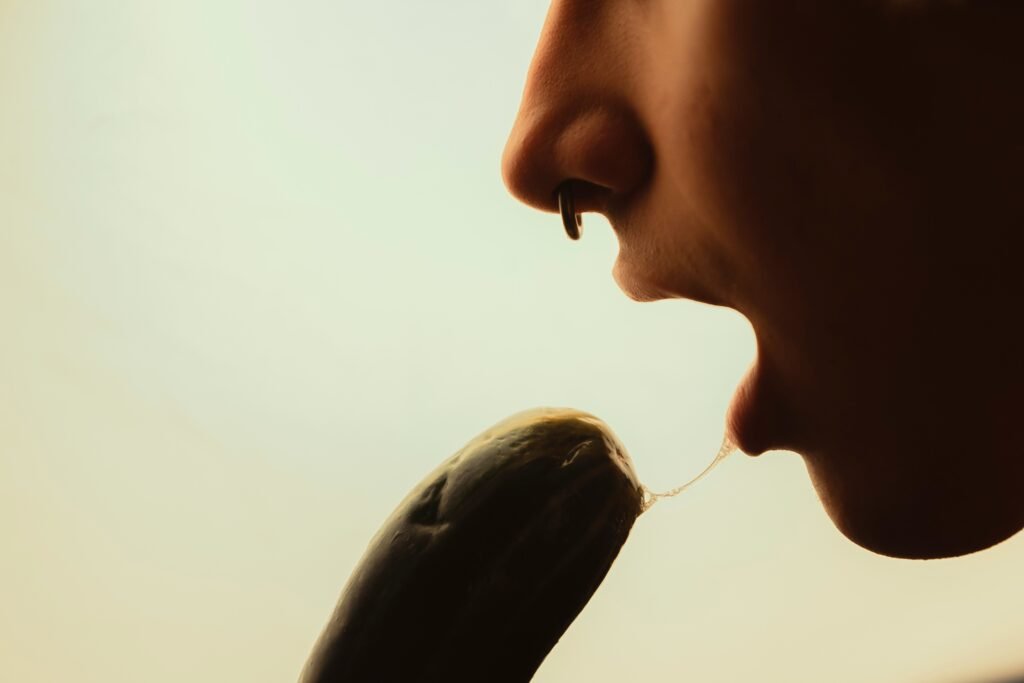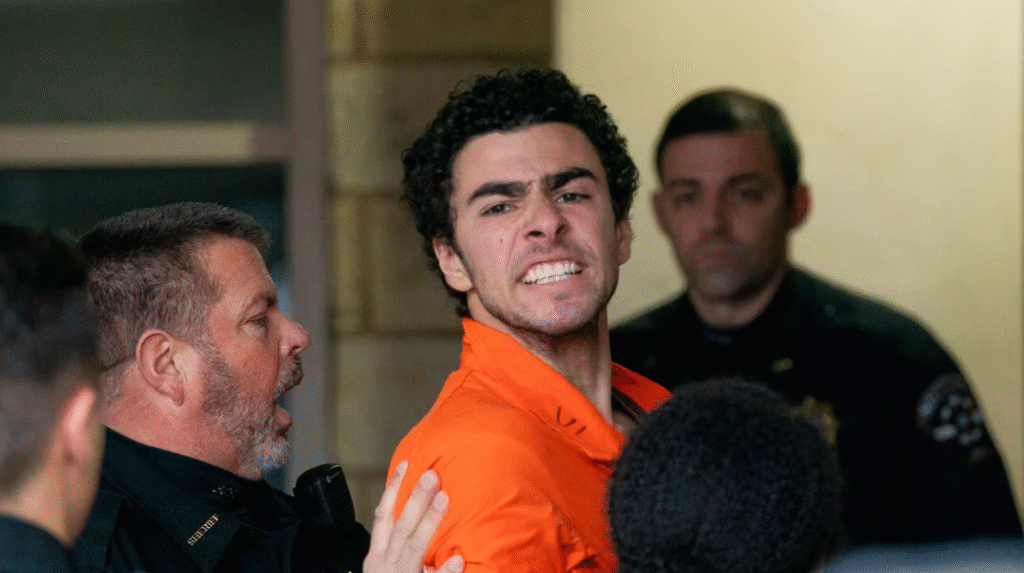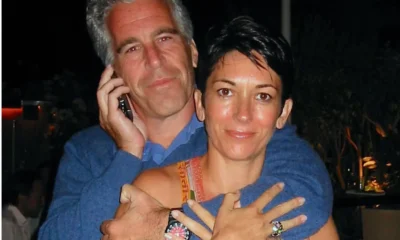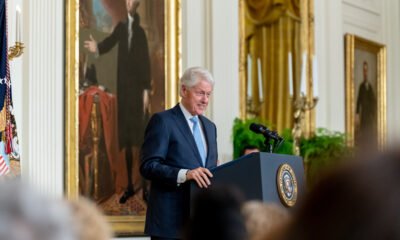Health
Kennedy Assumes Top Health Post Amid Criticism
Robert F. Kennedy Jr. was confirmed as the new Secretary of Health and Human Services (HHS) on Thursday, February 13, 2025, in a narrow Senate vote of 52-48. This appointment marks a significant shift in American politics, as Kennedy, a prominent vaccine skeptic and former environmental attorney, takes the helm of the nation’s top health agency.
The confirmation vote largely followed party lines, with Republicans supporting Kennedy’s nomination and Democrats opposing it. Senator Mitch McConnell of Kentucky, a polio survivor, was the lone Republican to vote against Kennedy’s appointment.
Kennedy’s nomination has been met with both enthusiasm and concern. Supporters praise his pledges to promote healthier foods, tackle pollution, address root causes of chronic disease, and ban prescription drug ads. However, his appointment has drawn criticism from mainstream public health voices due to his long history of controversial statements about vaccines and promotion of unproven medical treatments.
During his confirmation hearings, Kennedy faced tough questions about his stance on vaccines, abortion, and his understanding of key health programs:
- Vaccines: Kennedy maintained that he is not anti-vaccine but rather advocates for greater transparency in vaccine safety and effectiveness. However, he cited papers with flawed methods to support his claims, contradicting widely accepted meta-analyses on vaccine safety.

- Abortion: Kennedy’s shifting stance on abortion rights was a point of contention, with both Democrats and Republicans questioning his current position.
- Medicare and Medicaid: Kennedy acknowledged not having a specific plan for aligning these programs’ funding structures and made some factual errors when describing how they operate.
As the new HHS Secretary, Kennedy will oversee a vast $1.7 trillion agency responsible for food and hospital inspections, health insurance for millions of Americans, and research into deadly diseases. His tenure is expected to bring significant changes to the department, including potential shifts in vaccine policy, food regulations, and approaches to chronic disease management.
Medical experts and public health officials have expressed concern about Kennedy’s appointment, warning that his views on vaccines and other health issues could undermine public trust in established treatments and potentially harm public health efforts.
As Kennedy prepares to take his oath of office, all eyes will be on the Department of Health and Human Services to see how his controversial views and “Make America Healthy Again” agenda will shape the nation’s health policies in the coming years.

Bolanle Media covers a wide range of topics, including film, technology, and culture. Our team creates easy-to-understand articles and news pieces that keep readers informed about the latest trends and events. If you’re looking for press coverage or want to share your story with a wider audience, we’d love to hear from you! Contact us today to discuss how we can help bring your news to life
Health
Oral Sex Is Spreading More Than Pleasure — It’s Fueling a Cancer Surge

Once viewed as one of the “safer” forms of sexual activity, oral sex is now under intense scientific scrutiny for fueling a surge in throat cancers caused by the human papillomavirus (HPV). In Texas, where vaccination rates lag behind national averages, the impact is particularly alarming.

Texas at the Center of a Growing Epidemic
According to the Texas Department of State Health Services, nearly 20,000 HPV-associated cancers were diagnosed in the state between 2018 and 2022, with oropharyngeal cancer emerging as the most common among men. The disease affects the tonsils, tongue base, and throat—and it’s overwhelmingly linked to oral transmission of HPV-16, a high-risk viral strain also responsible for cervical cancers.
Specialists in Austin report that HPV-driven throat cancer has risen by more than 225% in recent years, outpacing national growth and surpassing cervical cancer as the dominant HPV-related malignancy in men. These cancers are increasingly affecting younger, non-smoking men—a demographic once considered low-risk.
The Texas Vaccination Gap
While prevention is possible, Texas remains one of the lowest-ranking states in HPV vaccination completion. Data published in JAMA Network Open found that Texas ranks 48th nationwide in completing the HPV vaccine series, with only 16–17% of adolescents fully protected as of 2022. Counties in North Texas report the highest cancer rates alongside the lowest vaccination uptake, a combination experts attribute partly to misinformation and anti-vaccine sentiment.

Changing Faces of Throat Cancer
Unlike traditional throat cancers linked to tobacco and alcohol, HPV-related oropharyngeal tumor cases often appear in otherwise healthy middle-aged adults. Dr. Baran Sumer of UT Southwestern Medical Center explains that these patients often have “no smoking or drinking history” — the virus itself is the culprit.
HPV types 16 and 18 remain the most aggressive, capable of lingering in the throat tissue for years before mutating normal cells into tumors. Men in particular face higher risk: the immunological clearance rate for HPV is slower, allowing infections to persist and increase cancer odds.
Preventing a Preventable Cancer
The HPV vaccine can prevent over 90% of HPV-related cancers, including throat, anal, and cervical cancers. Yet public health leaders warn that adult vaccination rates remain far below the threshold needed to halt transmission. Physicians are calling for stronger awareness campaigns aimed at parents of preteens—especially in underserved Texas regions where education and access remain limited.
The Bottom Line
Oral sex may be common, but the misconceptions around its safety are costing lives. The data from Texas paints a clear picture: as vaccination lags, cancer cases rise. Experts agree that turning the tide will require confronting stigma, expanding education, and recognizing that protecting against HPV is not about morality—it’s about survival.
Health
Nation Split as Luigi Mangione Fights Death Penalty in CEO Murder Case

The case of Luigi Mangione, the 27‑year‑old accused of killing UnitedHealthcare CEO Brian Thompson, has ignited national debate, pitting supporters who see him as a whistleblower against critics who view his actions as an act of cold‑blooded violence. What began as a shocking corporate tragedy in December 2024 has evolved into one of the most polarizing death‑penalty battles in recent U.S. history.

The Killing That Shocked Corporate America
Brian Thompson, a respected CEO and father of two, was gunned down outside the New York Hilton Midtown on December 4, 2024. Surveillance footage reportedly showed a masked gunman lying in wait before firing a 3D‑printed pistol fitted with a silencer. Authorities later identified the suspect as Luigi Mangione, an Ivy League‑educated software engineer from Maryland who had grown increasingly vocal about his resentment toward the health‑insurance industry.
The killing triggered a multi‑state manhunt that ended when Mangione was captured at a McDonald’s in Altoona, Pennsylvania, five days later. Police said they recovered a 3D‑printed weapon and a handwritten letter denouncing “corporate greed” and calling the healthcare system “parasitic” from his backpack.

A Divided Public
Public opinion around Mangione’s motives has since fractured the nation. His supporters—many of whom have donated to his legal defense fund, which has surpassed $900,000—view his actions as symbolic resistance to perceived corporate corruption. Conversely, victims’ rights groups and law‑enforcement advocates argue that painting him as a “folk hero” disrespects the life of an innocent man and glorifies domestic terrorism.
The Legal Fight
Mangione faces federal charges including murder, use of a firearm in a crime of violence, and two counts of stalking. Because of the weapon’s use and the nature of the alleged planning, he could face the federal death penalty. However, his attorneys have filed motions to dismiss the capital charge, arguing that prosecutors violated his constitutional rights by questioning him without reading his Miranda rights and by searching his belongings without a warrant.
Their argument echoes a previous legal victory: in state court, a New York judge dismissed charges that attempted to classify the murder as an act of terrorism. The current federal motion seeks to suppress key evidence—including the weapon—on grounds of unlawful search and interrogation.
Possible Political Overtones
Defense filings have also accused federal prosecutors of turning Mangione into a “pawn” of the Trump administration to demonstrate toughness on violent crime. Attorney General Pam Bondi has publicly stated that seeking the death penalty aligns with President Trump’s directive to “make America safe again,” further intensifying political scrutiny of the case.
What’s Next
The federal court has until October 31 to rule on whether the death‑penalty charge will stand. If the motion fails, Mangione could face trial with the possibility of execution; if successful, the most severe penalty left would be life imprisonment with the chance of parole.
As his case unfolds, the moral and legal tensions surrounding Luigi Mangione reflect deeper American divisions over justice, corporate accountability, and who society chooses to blame—or defend—when outrage turns violent.
Health
Over Half of Americans Use PTO for Pure Rest, While 1 in 3 Do Nothing for Days

More than half of Americans are now spending their paid time off (PTO) resting at home, with a full third choosing to do absolutely nothing for days on end—a trend that’s being dubbed “bedrotting.” According to a revealing Marleep survey, 57% of respondents admit to taking time off specifically to lay in bed, while 33% say they’ve set aside multiple days in the past year just for complete rest. This emerging pattern speaks volumes about growing burnout and the changing face of workplace culture across generations.
For many, PTO once meant planning adventures or memorable getaways. Now, it more often means using that precious time off for deep recovery. The Marleep study found that most Americans are not traveling the world or exploring new hobbies on their days off—they’re simply unplugging, retreating to their beds, and, frequently, scrolling endlessly on their phones.

One telling detail from the survey is the emotional toll: 53% of people feel guilty for using their PTO to rest instead of engaging in more traditional, active pursuits. Workplace expert Joyelle Crawford explains that this sense of guilt itself is a red flag, rooted in a “business over balance” culture that often leaves people too exhausted to even plan a vacation.
“Gen Z isn’t lazy—they’re literate in self-preservation. They’re rejecting hustle culture and taking bedrotting days because traditional models of work and rest aren’t working for them.” — Joyelle Crawford
Crawford encourages viewing PTO as “permission to optimize.” She suggests using these days to reset, reflect, and rethink personal boundaries—sometimes the most restorative vacation is about stepping back from overcommitting, not from leaving town.

This approach is especially pronounced among Gen Z, who are most likely to cancel plans due to anxiety or low motivation. Experts say this isn’t laziness but a sign that younger generations are prioritizing mental health and healthy boundaries. Still, it’s important to combine this newfound rest ethic with intention—rest without purpose can slide into avoidance and isolation.
57% of Americans now use PTO just to rest in bed—while 1 in 3 take multiple days off just for doing nothing.
As more Americans choose bed over beaches on their days off, they’re sending a clear message: sometimes, genuine recovery means doing absolutely nothing, and that’s perfectly okay.


























